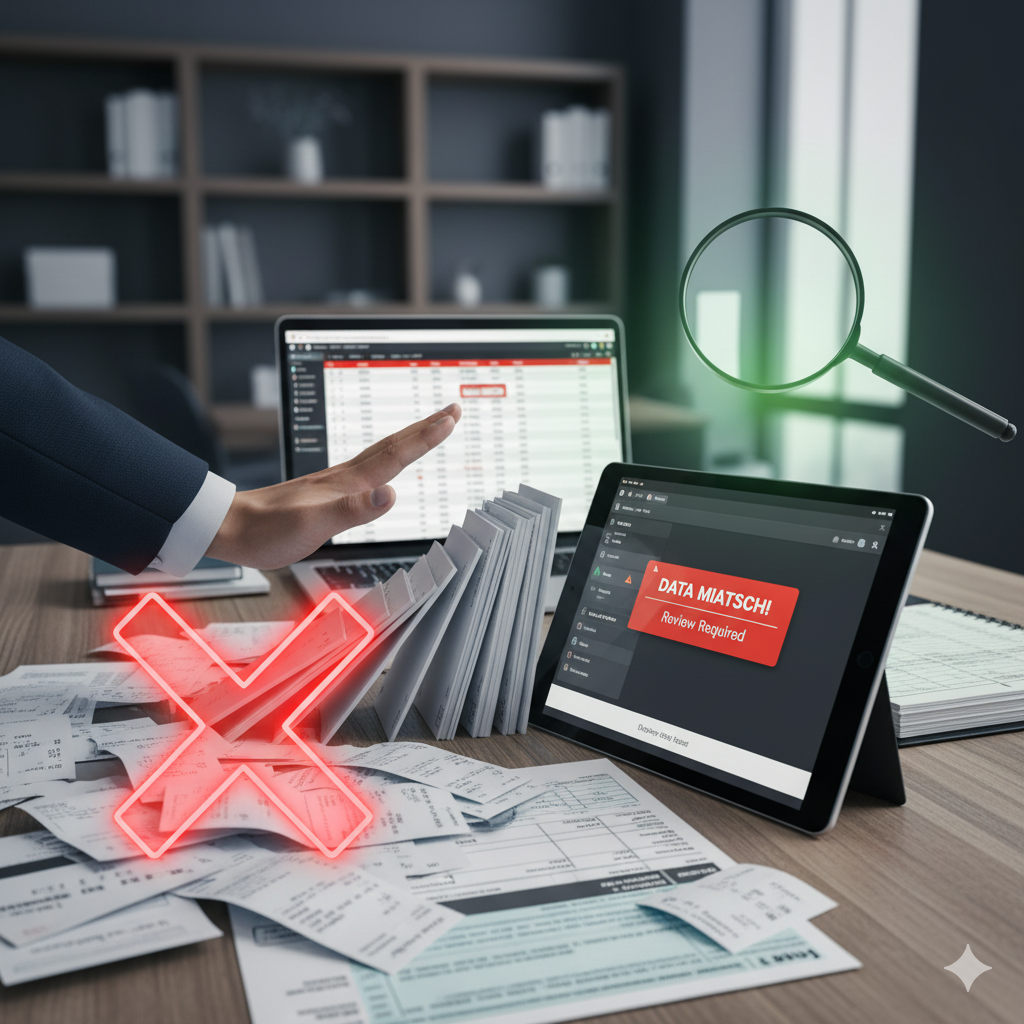“Top 10 Tax & Accounting Mistakes to Avoid This Year”

Introduction
Tax season can be stressful — even for the most organized professionals.
Whether you’re a freelancer, business owner, or employee, one small accounting mistake can cost you time, money, or even legal trouble.
In 2025, with new tax laws, digital filing systems, and stricter financial regulations, avoiding these common tax and accounting errors is more important than ever.
Here’s a complete guide to help you file confidently and keep your books clean all year round.
1️⃣ Ignoring Digital Recordkeeping
Paper receipts and manual logs are outdated.
Failing to use digital accounting tools like QuickBooks, Xero, or Wave means missing out on automation, real-time tracking, and cloud backups.
💡 Pro Tip: Use apps that automatically sync bank transactions and categorize expenses — it saves hours during tax time.
2️⃣ Mixing Personal and Business Expenses
This is one of the most common and costly mistakes.
When personal expenses are mixed with business ones, it becomes hard to justify deductions or track true profits.
📊 Solution: Maintain separate bank accounts and credit cards for business and personal use.
3️⃣ Missing Out on Tax Deductions
Many people overlook legitimate deductions such as:
- Home office expenses
- Professional training or certifications
- Internet and software costs
- Health insurance for self-employed professionals
💸 Pro Tip: Keep digital copies of every receipt and consult a tax expert annually to claim all eligible deductions.
4️⃣ Not Reconciling Bank Accounts Regularly
Failing to reconcile accounts leads to inaccurate financial data.
It becomes harder to detect errors, double entries, or missing transactions.
🧮 Best Practice: Reconcile your accounts monthly to ensure accuracy and compliance before filing taxes.
5️⃣ Forgetting to Track Small Expenses
Small daily expenses — parking, office snacks, subscriptions — may seem trivial but add up over time.
Not recording them means losing potential write-offs.
💡 Tip: Use mobile expense trackers like Expensify or Notion templates to capture every transaction instantly.
6️⃣ Filing Taxes Late or Incorrectly
Late filing often leads to penalties, interest charges, or audit risks.
Even worse, filing with incorrect data can trigger red flags with tax authorities.
⏰ Solution:
- Mark tax deadlines on your calendar.
- File electronically to avoid postal delays.
- Double-check all entries before submission.
7️⃣ Ignoring Changes in Tax Laws
Tax codes evolve every year — new deductions appear while others disappear.
In 2025, governments worldwide are increasing scrutiny on digital income, crypto gains, and gig-economy earnings.
📚 Pro Tip: Follow official tax authority updates or subscribe to trusted finance blogs to stay compliant.
8️⃣ DIY Accounting Without Professional Help
While accounting software is helpful, it can’t replace an expert’s judgment.
Complex financial situations — like investments, international income, or business scaling — often require a certified accountant.
👨💼 Tip: Hire a CPA or tax consultant for at least one annual review. It often saves more than it costs.
9️⃣ Ignoring Cash Flow Management
Many people focus only on taxes and ignore cash flow tracking.
Without monitoring inflows and outflows, you risk shortfalls during tax season or payroll crunches.
📊 Pro Tip: Use dashboards that show cash flow forecasts — it helps you plan taxes, savings, and investments efficiently.
🔟 Failing to Back Up Financial Data
Data loss from device failure or hacking can be devastating.
Without backups, you might lose essential records needed for audits or deductions.
🔒 Solution:
- Use cloud accounting systems with encryption.
- Keep monthly offline backups in a secure drive.
Conclusion
Good accounting isn’t just about tracking numbers — it’s about building financial security.
Avoiding these common tax and accounting mistakes will help you save money, stay compliant, and reduce stress during tax season.
💡 Key Takeaway:
Plan early, use modern tools, and consult professionals when needed.
Small improvements in your accounting habits can lead to major savings and peace of mind.

